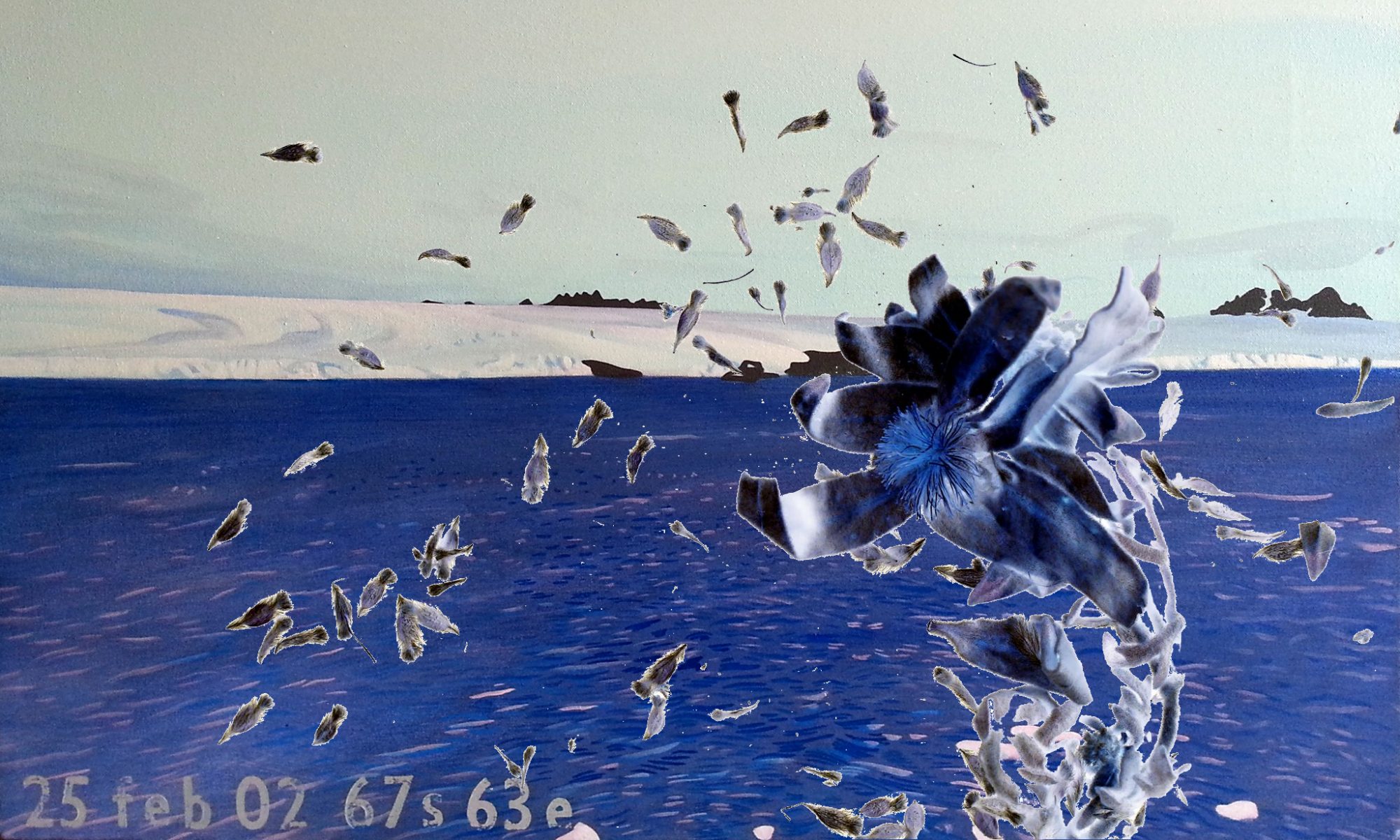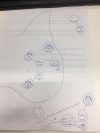Knowledge hubs are the base for all the stories and data on the topic of each hub.
Welcome to the Knowledge Hub of WHALE.
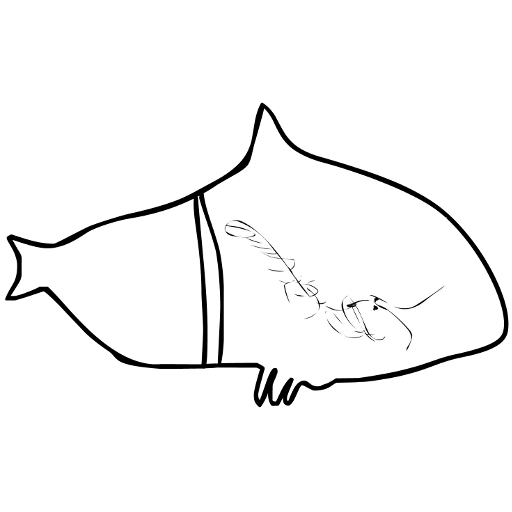
Whale will lead the story telling about relationships between living things evolving over time and adapting to changing oceans, lands and rivers. Whale Dreaming stories will reveal connections between health and wellbeing of individuals, communities and the planet – physical, biological, emotional and spiritual.
Whale will lead and narrate a journey from the sea and then onto land, as in the Whale Dreaming stories of the Yuin and Gumbaynggirr peoples. That journey will reflect how Western scientists understand the evolution of the whale: The whale came from the sea, evolved on land into an almost wolf-like organism and eventually became amphibious and went back into the ocean to become the whales we see today. All mammals evolved from the ocean to be air-breathing organisms.
Welcome to the Knowledge Hub of SNAKE.
Welcome to the Knowledge Hub of BIRD
Welcome to the Knowledge Hub of FISH
Here you will see, hear and learn about fish, and find inspiration for your own story of relationship to these ancient creatures.
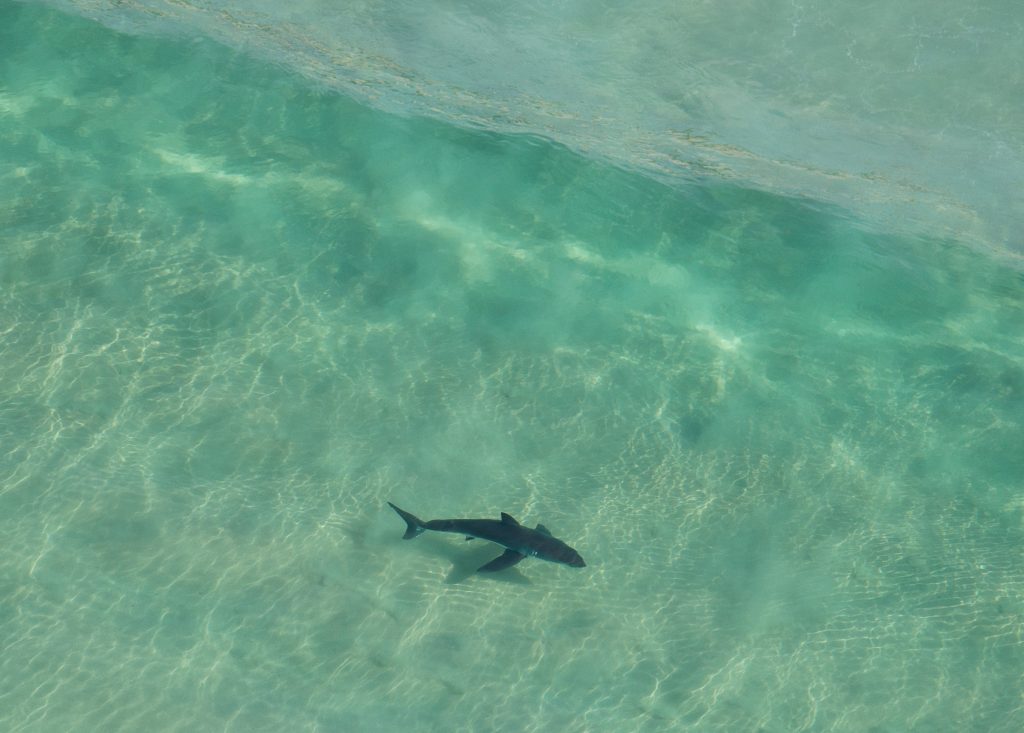
Photo by William Gladstone
Welcome to the Knowledge Hub of KRILL.
Here you will see, hear and learn about krill, and find inspiration for your own story of relationship to these beautiful and important ancient crustaceans.

Welcome to the Knowledge Hub of ALGAE
Algae are the intricate microscopic, ancient organisms that create every second molecule of oxygen we breathe. They take many forms and are the ancient ancestors of plants we know today.
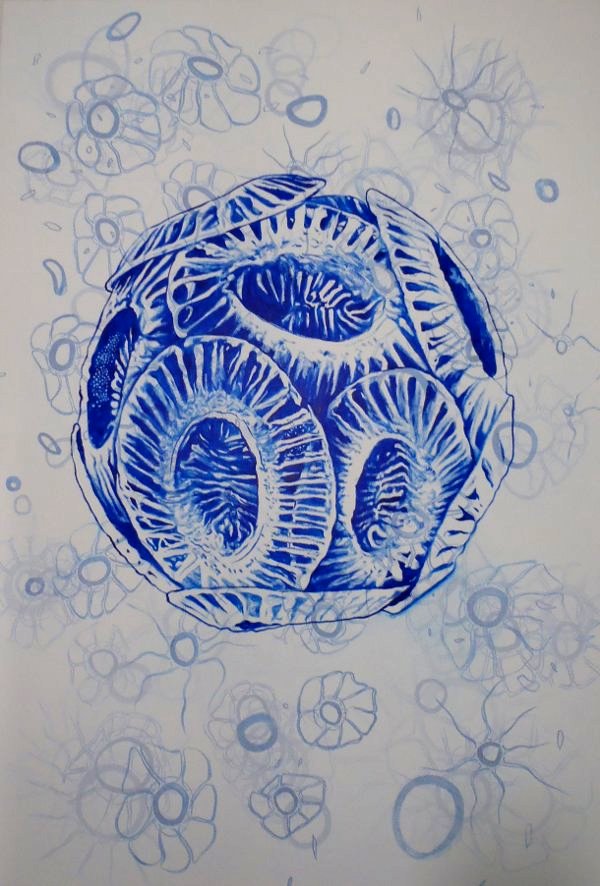
Story relationships
Now in the Lunar Time website you can read country and people three ways. Lunar Time is about relationships. Stories of relationship between people and places appear on maps according to where stories come from, in a library arranged according to ways minds think, and performed by bodies according to feeling connections. Stories appear in different forms in different contexts. Many stories come from the Living Data website. You may respond with your own story for inclusion in MEASO Living Data.
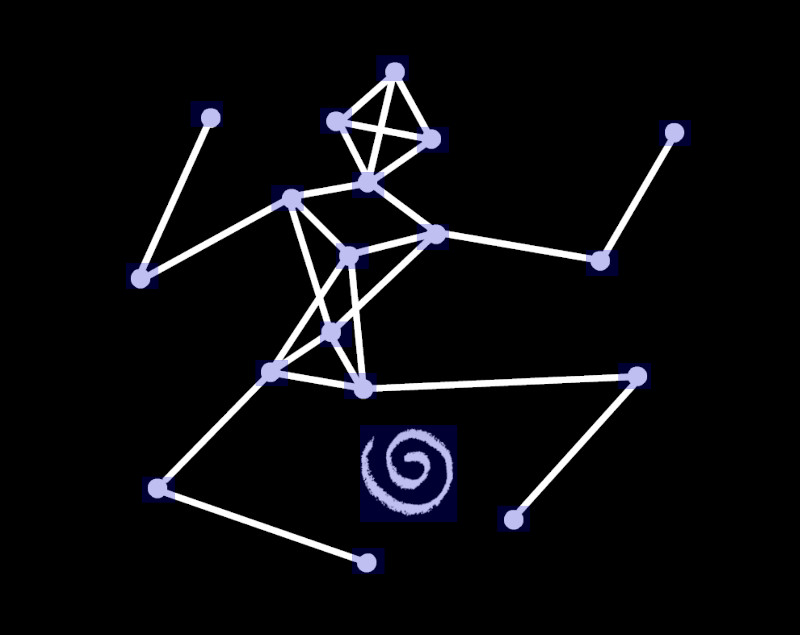
I am reading and reflecting on Chatwin’s words (p58), “…In Aboriginal belief, an unsung land is a dead land: since, if the songs are forgotten, the land itself will die. To allow that to happen [IS] … the worst of all possible crimes”.
I struggle with the language of ‘us’ and ‘them’, ‘then’ and now’. I understand that all stories connect and that there is no certainty in knowledge (no human authority). I understand that learning comes in different ways to different people, through relationships evolving from listening and responding to changes in countries and peoples (specially in our selves).
So, I am reading and seeing relationships between these books and the people who pass them on to me:
‘A History of Economic Thought’ by Erich Roll, Professor of Economics and Commerce in the University of Hill. Revised and enlarged. Faber and Faber Ltd London. (no date!). Preface to the First Edition, Jan 1938. To the Memory of MY MOTHER
My dance teacher Babrara Cuckson gave me this book this year (2021). It came from her father’s collection, stamped (inside front) with the name of his company in Sydney, ‘Aero Zipp Fasteners Ltd.
Konrad Z. Lorenz, ‘King Solomon’s Ring: New Light on Animal Ways’ Illustrated by the author. Translated by Marjorie Kerr Wilson. With a forward by Julian Huxley. Methuen & Co. Ltd. London. This translation from the German. by Margaret Kerr Wilson, first published April 3rd, 1952. Reprinted seven times. Reprinted 1955. To Mr and Mrs J. B. Priestly without whose timely help jackdaws would not – in all probability – be flying round Altenberg any more. This book came to me from my father ‘s collection (mostly now with my brother Tom in Melbourne).
(re-reading) ‘The Songlines’ Bruce Chatwin. Picador. Published by Pan Books in association with Jonathan Cape. First published in GB, 1987 . For Elisabeth. I lost the copy I originally read near the time it was first published). This copy is a gift from Owen Holmwood who came by it in the Newtown Red Cross Op Shop. He rang me early this year (2021) when I was camping beside the Darling River, NSW, to ask if I wanted it.
QUOTES
“… In his discussion of the quality of money Aristotle concludes that money has a conventional rather than a natural origin.” (Roll. (Mcmxlvi, p. 36)
“… The basis of bourgeois wealth was predatory: colonial exploitation, usury or monopoly.” (p. 42)
There is no such thing in nature as “…certainty and harmony”. (p. 73)
